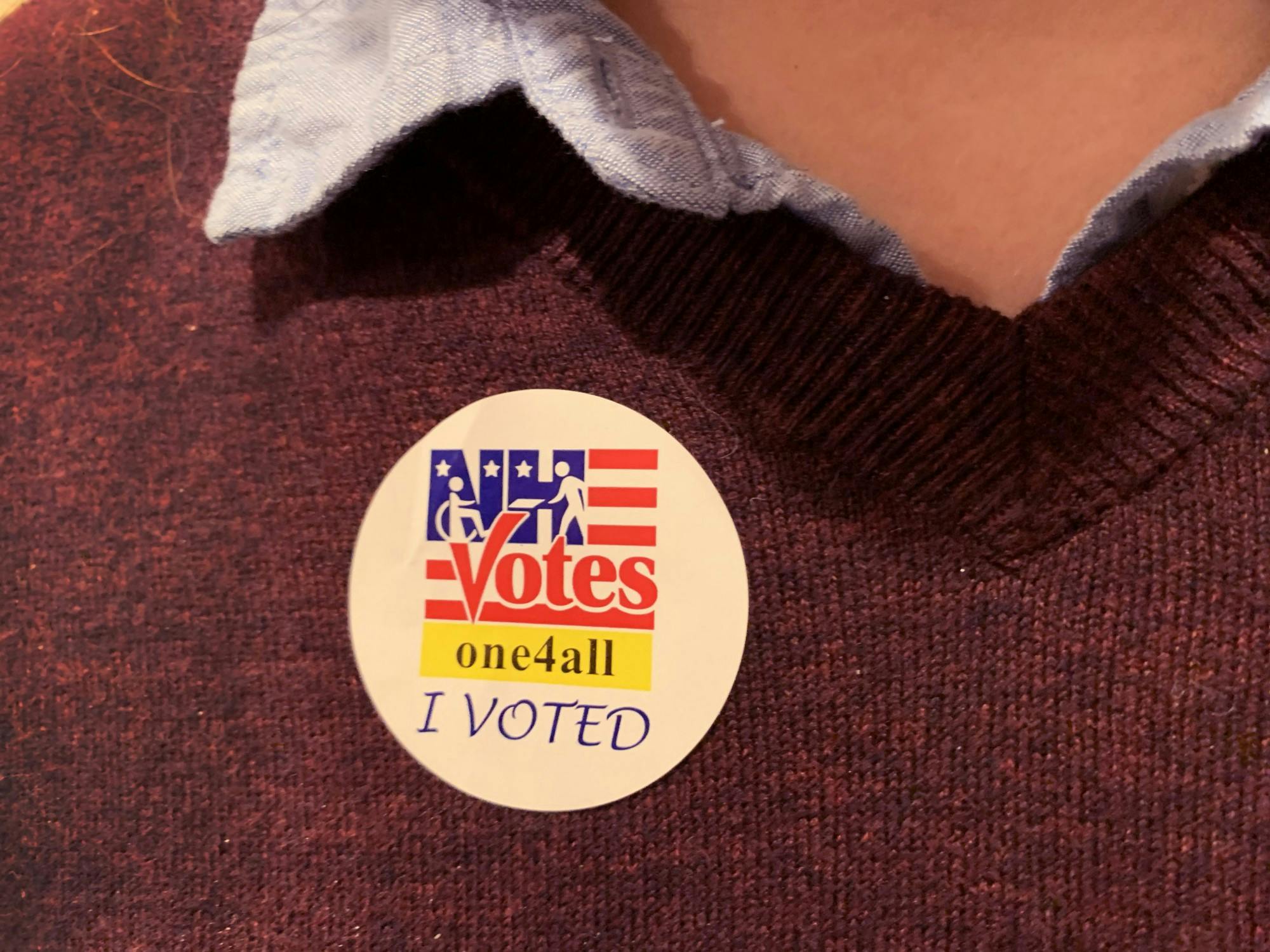The Democratic National Committee’s Rules and Bylaws Committee voted on Dec. 2 to reorganize its presidential primary calendar, rescheduling several states — including New Hampshire — which have long kick-started the nomination process.
New Hampshire’s Democratic primary, which has been the first in the nation for more than a century, is slated to hold its contest second alongside Nevada on Feb. 6, 2024. South Carolina will launch the Democratic race three days prior on Feb. 3. The Republican National Committee stated it would maintain its past order, beginning with the Iowa caucus, followed by the New Hampshire, Nevada and South Carolina primaries, respectively.
In December, President Biden called for states with more voters of color to feature earlier in his party’s nomination process, the New York Times reported. The December vote, which changed its party’s calendar in accordance with those demands, will be voted on by the full DNC early this year.
State officials from both parties have admonished the DNC’s calendar changes. Republican Governor Chris Sununu and Democratic Secretary of State David Scanlan — as well as federal officials, including Democratic senator Maggie Hassan — have all stated that regardless of the DNC’s plans, New Hampshire will maintain its first-in-the-nation status.
A 1975 N.H. state law mandates that the primary either be held on the second Tuesday of March or “...7 days or more immediately preceding the date on which any other state shall hold a similar election.”
Government professor Russell Muirhead, who is a Democratic state representative for Hanover and Lyme, said that he believes the primary order will depend on the 2024 Democratic nomination race, namely if President Biden faces a challenge in his potential reelection bid. The disconnect between the DNC and New Hampshire officials could get “complicated,” he added.
“I think the DNC won’t be able to control the situation in a contested primary,” Muirhead said. “But it can control the situation with an incumbent running for reelection …Without Biden on the ballot, I would predict that [first-in-nation primary] stays in New Hampshire.”
Beyond the proposed changes for New Hampshire, the primary shake-up has moved up several states in the DNC calendar — notably, South Carolina, Georgia and Michigan — which have larger and more racially diverse electorates than the previous Democratic lead-off states, Iowa and New Hampshire.
The Democratic primary realignment is meant to serve as a more accurate reflection of the party’s base, rather than skewing towards states with heavily white populations, Dartmouth Democrats president Gabi Rodriguez ’23 said.
Rodriguez said that if South Carolina — where the state’s Black Democratic base had been credited with reviving President Biden’s 2020 presidential nomination, — becomes the party’s first contest, it will acknowledge the pivotal role voters of color play in politics.
“The Democratic Party appeals to a larger swath of people than just white people,” Rodriguez said. “And I think South Carolina was a big indicator in the previous election with [President] Biden, just showing folks who turned out were largely a lot of Black and minority folks in South Carolina. So I think the DNC was looking to show, not just the appreciation of their voter base across the country, [but] also trying to make it more updated with the times.”
Democratic primary calendar changes, which favor more populous states, are likely to diminish the role of “truly retail politics” — the face-to-face, localized brand of campaigning which the New Hampshire primary has embodied — Muirhead said. In past election cycles, the state’s unique political brand has been a litmus test for presidential hopefuls, he added.
“Media buys won’t substitute,” Muirhead said. “That creates a real test of character. And it allows candidates who haven’t done the bidding of the donor class to compete.”
For Republicans, the New Hampshire primary has served as a bellwether for the party’s recent national candidates, state representative Ross Berry, a Republican from Manchester, said. In the three most recent open Republican presidential primaries, the winner of the New Hampshire primary has been a different candidate from that of the Iowa caucus and has gone on to be the party’s presidential nominee.
Candidates not running on social issue platforms are able to thrive in New Hampshire, where the primary “...allows mainstream Republicans an avenue,” Berry said. “It allows somebody who’s not banging those rural, Midwest and Southern state drums — it gives them a launchpad, especially to get to Nevada.”
The DNC’s move away from New Hampshire, one of several swing states “key to winning the general election,” may negatively affect Democrats’ chances in future elections, Muirhead said. The state has boosted the campaigns of both New England politicians and those with more grassroots support, which has helped candidates reach the general election, he added.
“That’s not the path to victory,” Muirhead said.




